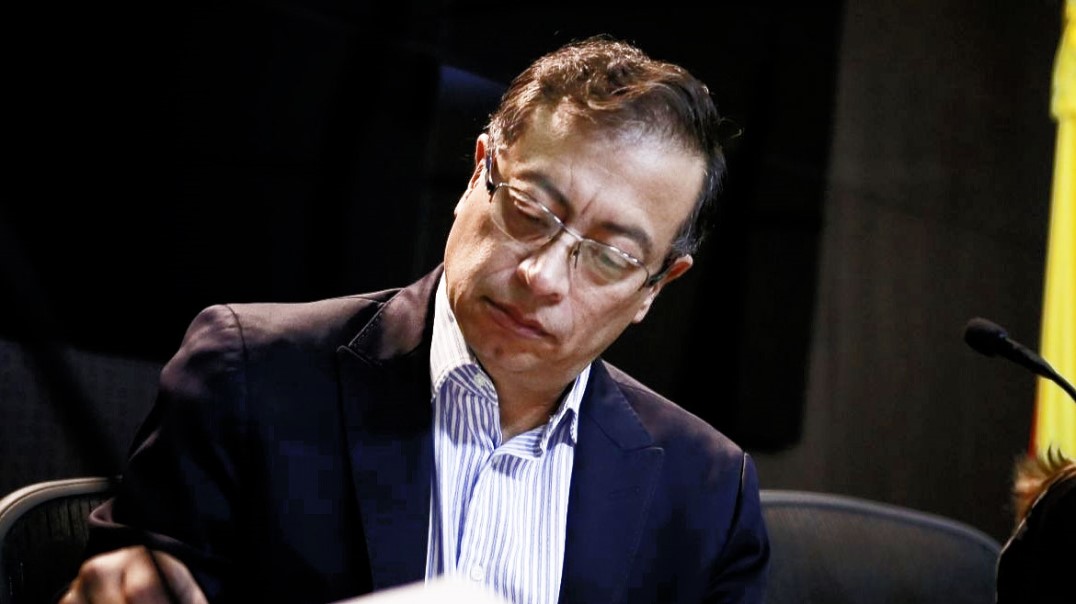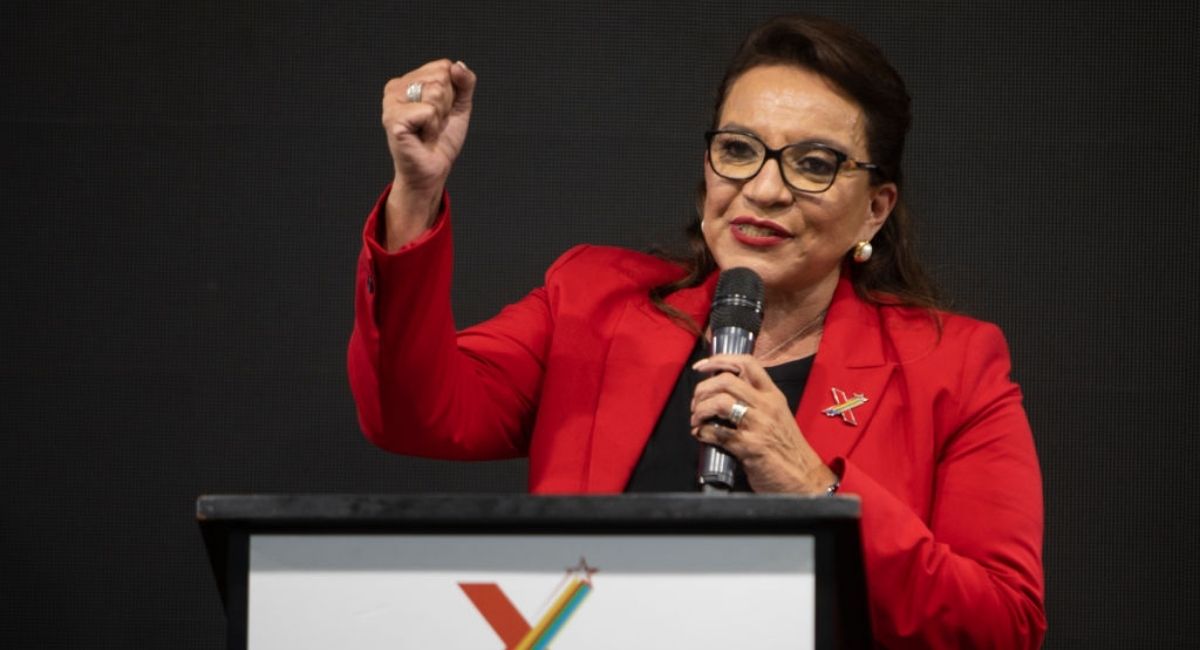New York Democratic Representative, Alexandria Ocasio-Cortez, and 11 other Democratic Representatives which includes the chief of staff for Sen. Bernie Sanders will be visiting the South American nations of Brazil, Chile, and Colombia to meet with political leaders in order to bridge gaps between the US and the South American nations and to discuss similar political struggles that the politicians face.
“It’s long past time for a realignment of the United States’ relationship to Latin America,” Ocasio-Cortez said in a statement provided to The LA Times. “The U.S. needs to publicly acknowledge the harms we’ve committed through interventionist and extractive policies, and chart a new course based on trust and mutual respect.”
The 11 lawmakers will leave for South America on August 14th and are expected to return in a week. The trip itself is sponsored by a Washington progressive research group and will not use taxpayer funds.
Some believe the rise in right-wing politics may be a factor:
Some theorize the visit is not only to repair burned bridges but also to discuss the rise of right-wing politics in the countries. Notably, Jair Bolsonaro’s supporters rioted in the capital following his close defeat to his leftist rival, Luiz Inácio Lula da Silva. The Right also gained a foothold in Chile when the nation’s Republican Party won 22 of the 50 seats on the Constitutional Council in May in preparation to rewrite the Pinochet-era Constitution. While in Colombia, President Gustavo Petro has made it his highest priority to make peace with the various paramilitary groups and end the 60-year civil strife, which has left an estimated 450,000 people dead.

“There are political currents in these countries that are happening in the U.S., and those connections aren’t always made,” a Democratic congressional aide familiar with the travel plans told Politico. “It’s worth it to talk about what’s happening there and here and have that conversation together.”
However, some critics claim the visit is nothing more than a symbolic gesture to certain causes, as these leaders are largely celebrated and respected by some more radical Democratic politicians. Others speculate the visits may be an effort to curb international conservatism.
“We have much to learn from our counterparts in these countries, including how to confront disinformation and violent threats to our democracies,” Ocasio-Cortez told the LA Times.
The delegation will also address environmental concerns, notably regarding the Amazon Rainforest, where President Lula has made efforts to curb the deforestation that has long posed a threat to the rainforest, which represents over half of Earth’s remaining rainforests.
China’s Growing Influence:
South America has also recently been targeted by Chinese expansionism as countries such as Honduras have strengthened ties, leading some officials to speculate they are targeting Taiwan’s economic allies in order to weaken the island nation, while others speculate the various deals are a scheme to force developing and poorer countries into becoming dependent on China.

Jorge Heine, a former Chilean diplomat and minister, told NatSec Daily that the delegation could also break past “wrongheaded” rhetoric in Congress on China and development partnerships with Latin America.
“This whole thing of seeing Latin America just as a stage of great power competition and how the United States can exclude China has been very detrimental to the image of the United States in the region,” Heine said. “This congressional delegation can help to shift, a bit, that debate.”
However, US officials have previously warned countries to exercise caution when dealing with China, claiming that they rarely fulfill their promises of economic assistance.


